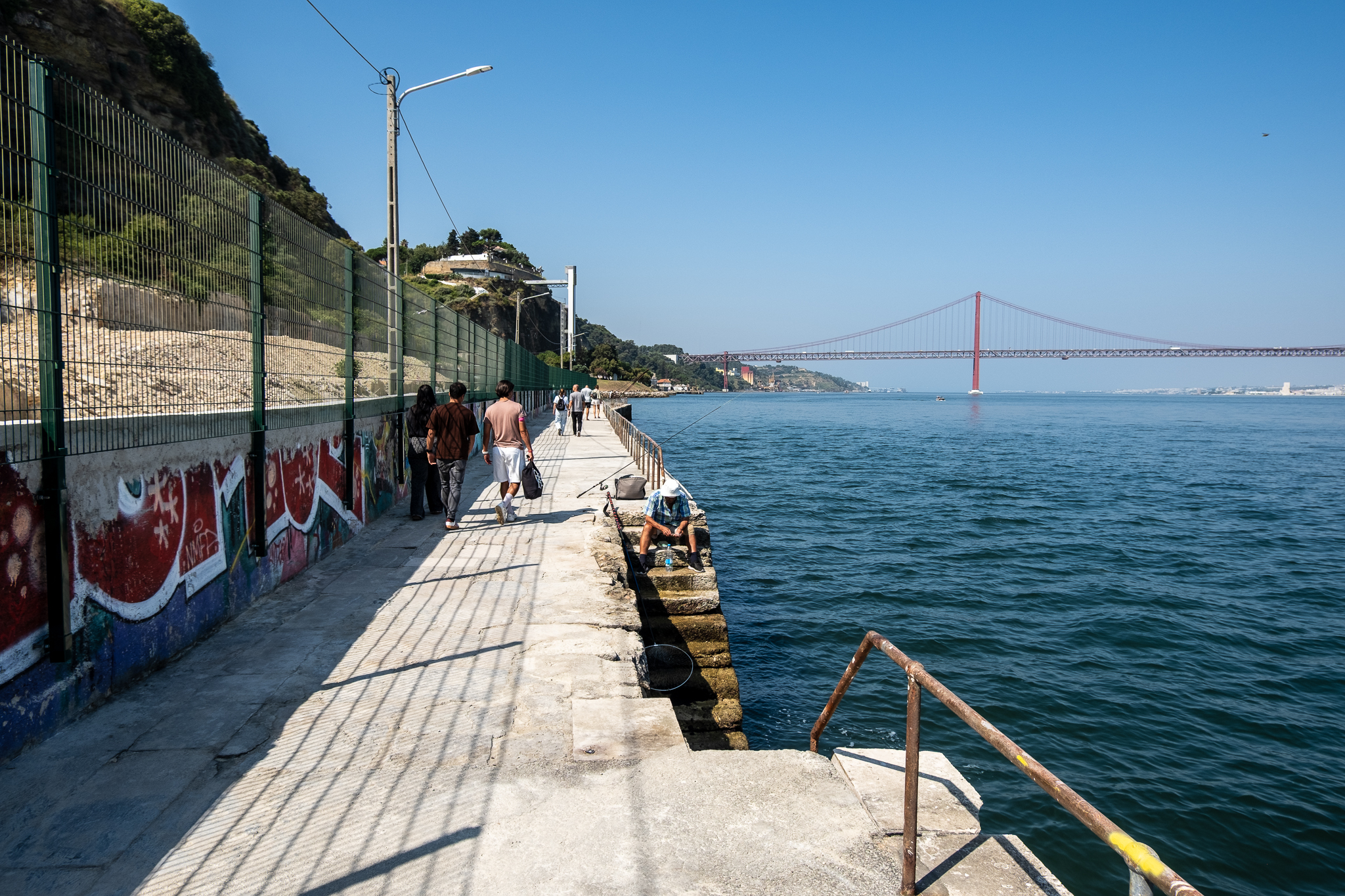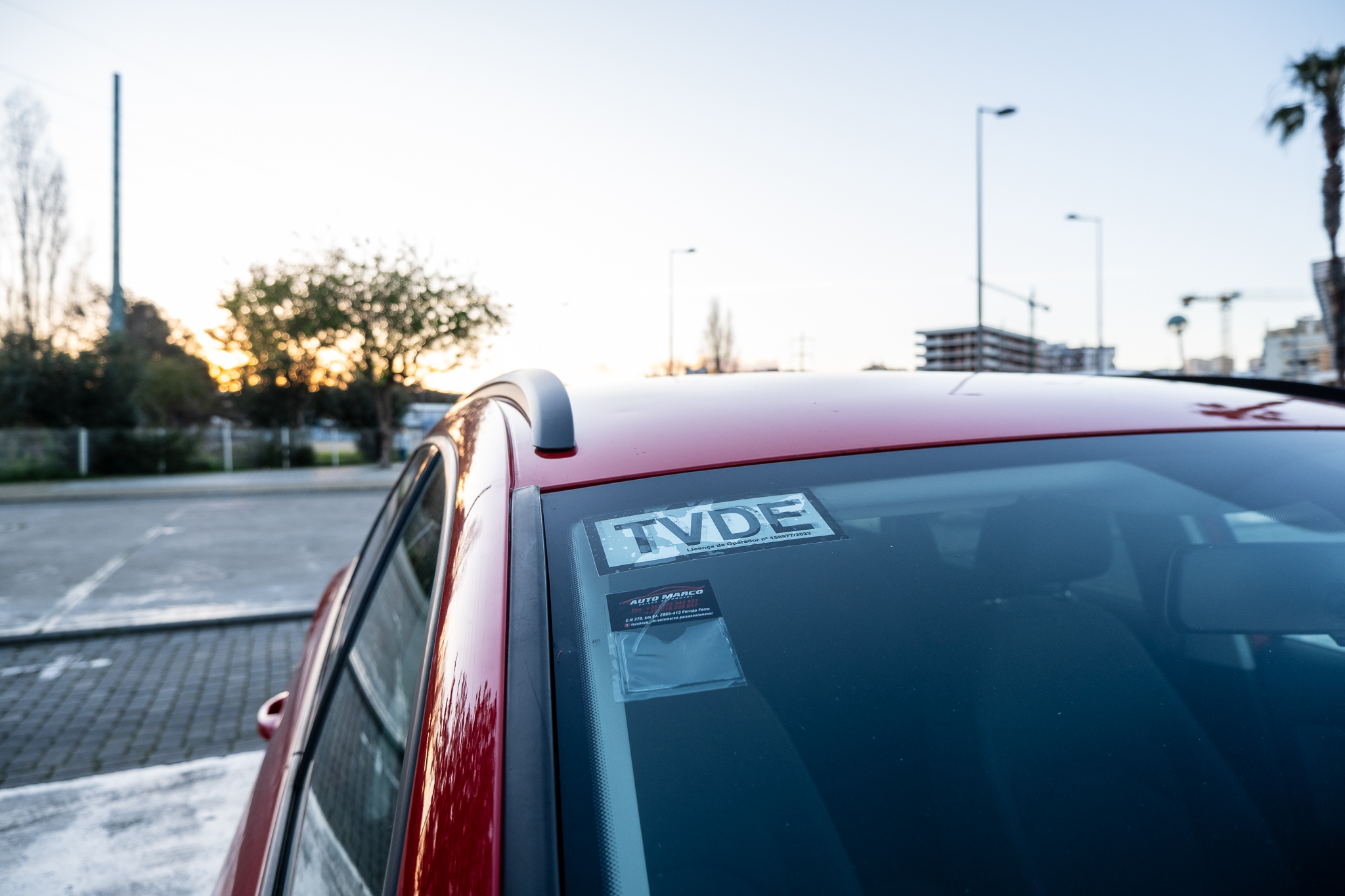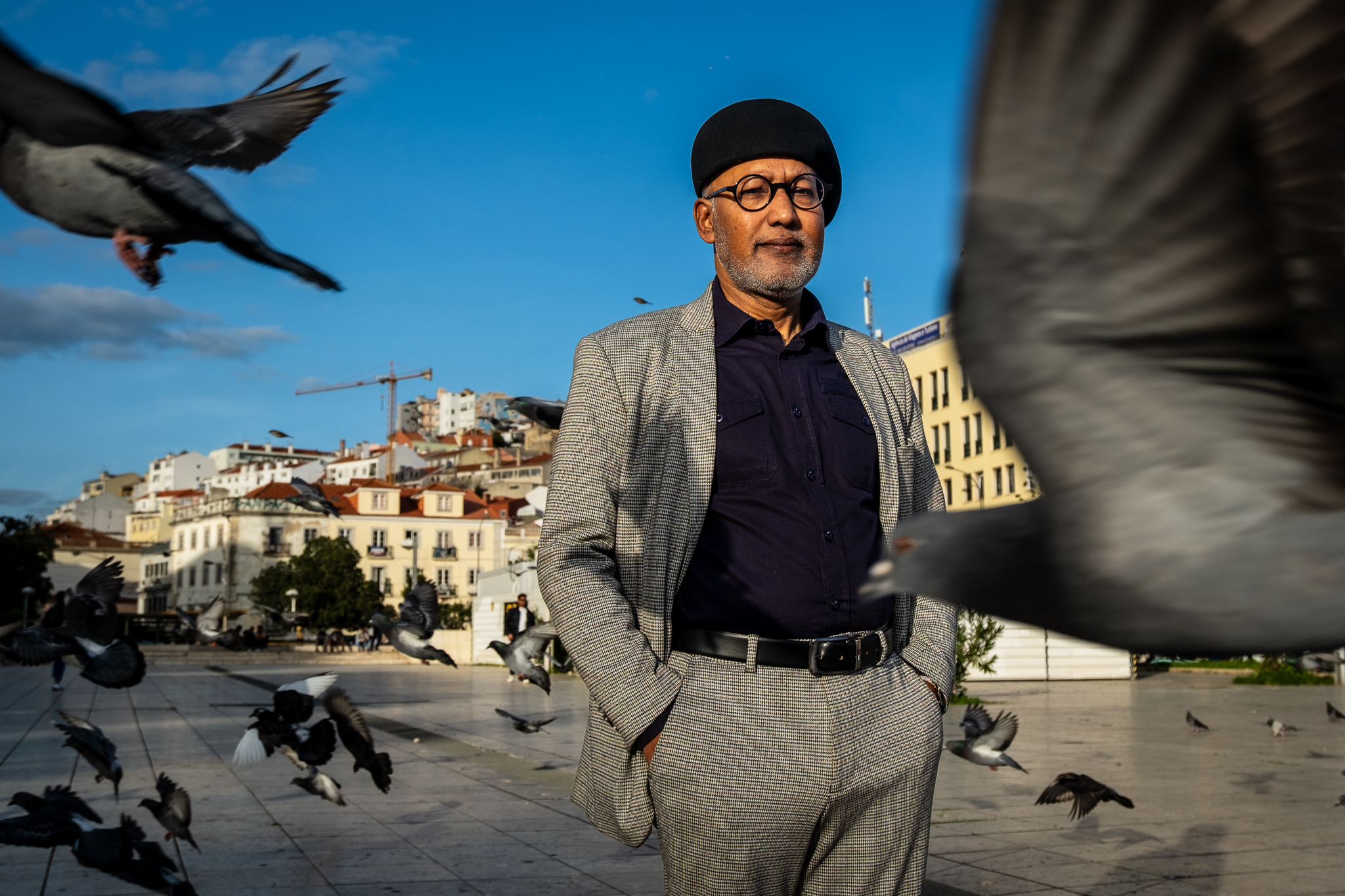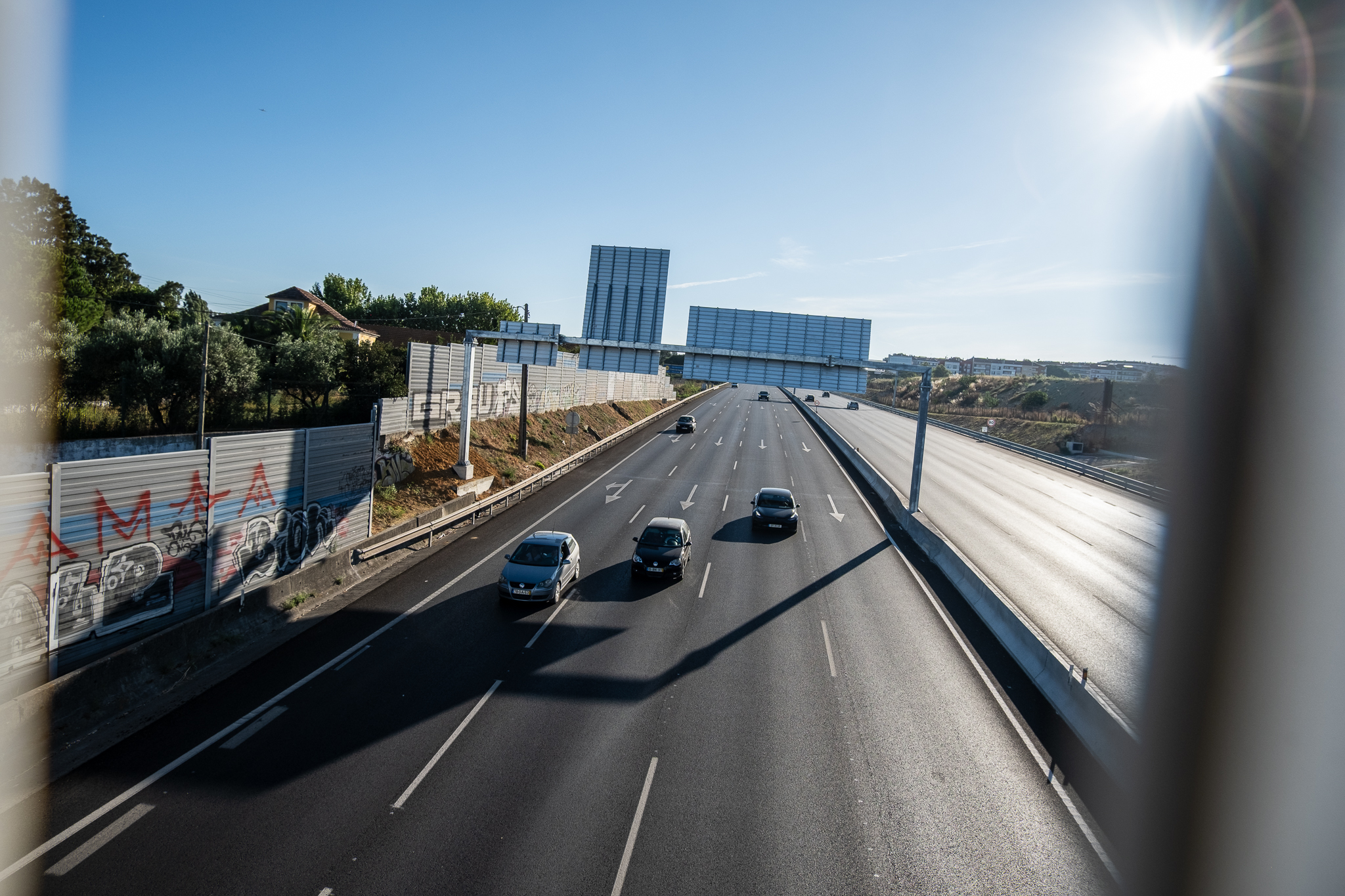Unanimously approved at a town hall meeting, the public transport proposal now goes to the Municipal Assembly. All parties made suggestions for changes to Moedas' initial proposal, but few were incorporated into the final text. Young people studying in Lisbon and living abroad will continue to pay for public transport in the city and also...

On a City Council, the winning list and the "opposition" sit. Together, the mayor and his councilmen - those from his list and those from the other parties, who were also elected councilmen - govern the city. In the case of Lisbon, the city's executive is made up of the PSD, CDS, PS, Livre, BE, PCP, and Cidadãos Por Lisboa. All councilors can make proposals, they can vote on other parties' proposals, and they can improve them, so that the text of the final proposal results from contributions from different voices.
The proposal for free public transportation for young students up to 23/24 years old and for people over 65 years old arrived at the Lisbon City Hall last week. Presented by Carlos Moedas, it was discussed and unanimously approved on Thursday, April 21st, in a city council meeting. All the parties presented suggestions for changes to Moedas' initial proposal, but few of them were incorporated in the final text. The final text of the proposal counts, even so, with contributions from the "opposition" sitting on the council and will now have to be approved by the Municipal Assembly, which is expected to happen.
Young people who study in Lisbon and live abroad will continue to pay for the city's public transportation, and there is also no co-payment for the Metropolitan pass.
In summary, the proposal includes:
- free transportation within the city of Lisbon to all young students (13-23/24 years old) e over 65 years old who reside in the city, that is, have tax domicile in Lisbon is a mandatory requirement to benefit from gratuitousness;
- this gratuitousness will be guaranteed through the pass Navegante MunicipalYou will need to have the card and renew the pass every month. The City Council will not share the difference from the Navegante Municipal to the MetropolitanoIf you want to use public transportation outside the Lisbon urban area (throughout AML), you will have to pay 30 euros/month (for young students) or 20 euros/month (for people over 65);
- the gratuity covers all public transport operators within the city of Lisbon where the Navegante Municipal is validIn other words, it will be possible to ride on Carris, Carris Metropolitana, Lisbon Metro, CP, and Fertagus as long as it is within the municipality of Lisbon;
- Lisbon City Hall will financially compensate Transportes Metropolitanos de Lisboa (TML), which manages the ticketing system throughout AML. The measure is expected to cost 14.9 million Euros per year until 2025; by 2022, it should cost only 6.3 million. In total, 51 million euros should be invested by the municipality in free parking.
You can read the final proposal below:
The measure should start for the elderly in June or July, and for students in September, coinciding with the beginning of the new school year.
How much does transportation cost today?
Since 2019, public transportation in the Lisbon Metropolitan Area (AML) has had a substantially reduced price: 30 euros/month to walk within the municipality you choose (Navegante Municipal)or for +10 euros/month (i.e., for 40 euros/month) to circulate through all 18 municipalities of the AML (Metropolitan Navigator). This reduction is shared annually by the Government through its Environmental Fund and the so-called PART - Program to Support Fare Reduction in TransportationIt is in effect for the entire country.
At AML, the young and old can benefit from special discounts:
- children up to 12 years of age, inclusive, are entitled to free public transportation throughout the entire LMAas they are entitled to the pass Navigator 12;
- all young students up to 23 years old have the Municipal Navigator or the Metropolitan with 25% discountfor €22.5/month or €30/month, respectively. Young people in social level A have a discount of 60%, and the pass costs €12/month or €16/month;
- those over 65 can travel in a municipality for 15 euros/month or in the entire AML for 20 euros/monthwith the mode Navigator 65+.
Young students now pay 22.5 euros/month and older ones 15 euros/month for public transportation in Lisbon.
There are other discounts in AML:
- families - regardless of the number of people in the household - can have the Municipal Navegante or the Metropolitano pass for 60 euros/month or 80 euros/month (this value is for everyone);
- People in social class A or B - such as the unemployed, the disadvantaged, or recipients of Social Insertion Income (RSI) - also have a discount on the pass, from 50% or 25%: thus, the Municipal Navigator can cost 15 euros or 22.5 euros/month; and the Metropolitan Navigator can cost 20 euros or 30 euros/month.
| Value | Navegante Municipal | Metropolitan Navigator |
|---|---|---|
| Normal | 30 ¤/month | 40 €/month |
| Unemployed/Disadvantaged | 15 or 22,5 €/month | 20 or 30 euros/month |
| Families of any size | 60 €/month | 80 €/month |
| Children < 12 years old | 0 €/month | 0 €/month |
| Youth 13-23/24 years old | 22,5 ¤/month | 30 ¤/month |
| Disadvantaged Youth | 12 €/month | 16 €/month |
| > 65 years old | 15/month | 20 €/month |
How did we get here?
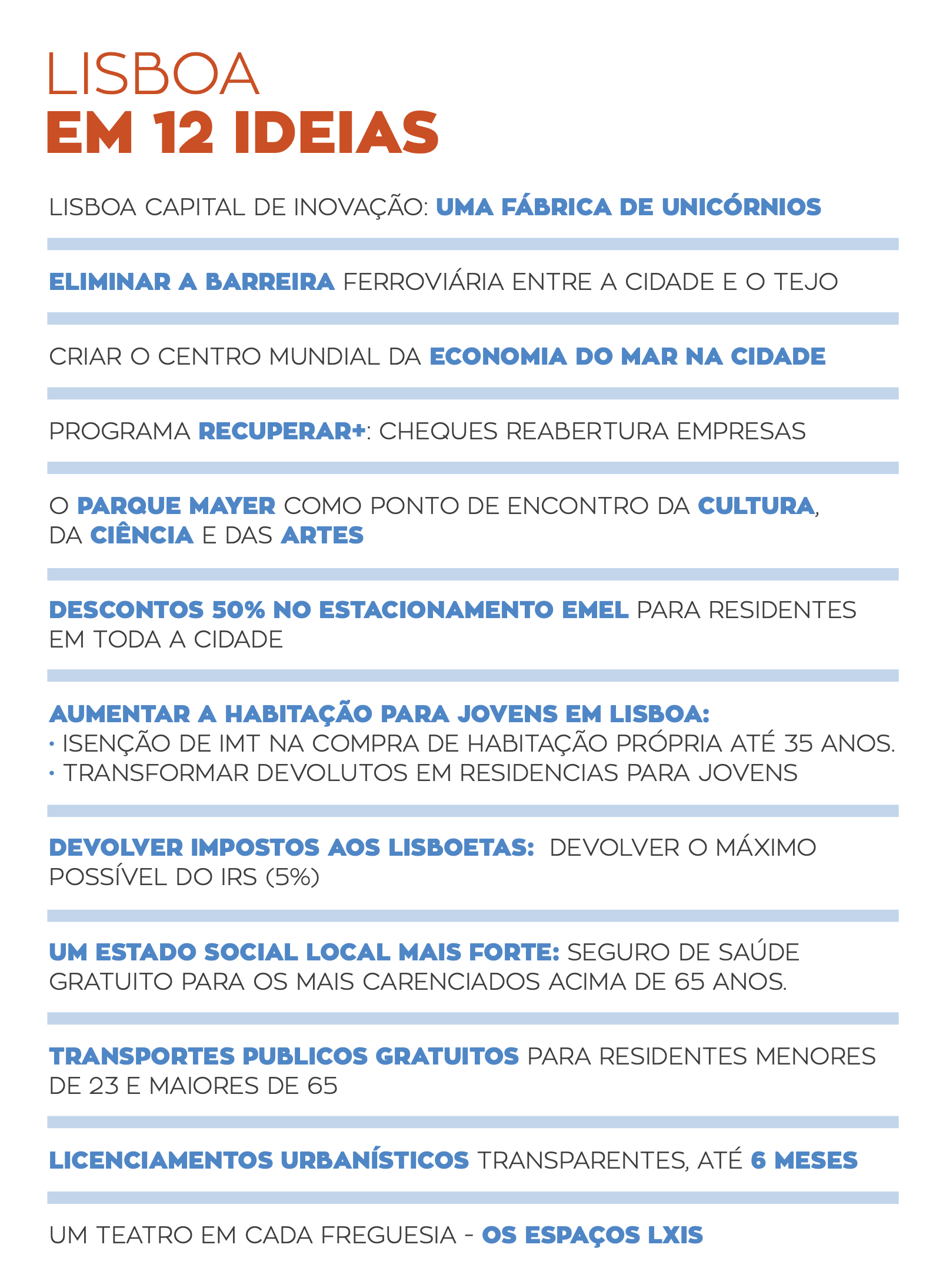
The measure to make transport free for the youngest and the oldest had been presented by Carlos Moedas in his electoral program and was, by the way, one of the pillars of his election campaign last year: "Introduce free public transportation for residents under 18, university students, over 65s, people with disabilities, the unemployed and green passengers".
On the left, PCP and BE presented the same idea, but with different tones. The communists advocated a "deepening the financial support for the acquisition of the pass by all young people, in accordance with the principle of progressive gratuitousness of all public transport". In 2021, for unemployed people and in Carris neighborhood lines; in 2022, for young people up to 18 years old, students up to higher education and people over 65 years old; and in 2023, a "advancing universal free public transportation along with negotiating with the government to expand public transportation capacity".
You can consult all the electoral programs here.
What was Coins' initial proposal?
Although the different parties have proposed some significant changes - which we will detail below - the final text of the proposal that came out of the town hall meeting was not substantially different from Carlos Moedas' original proposal. But what was, after all, in the Mayor's initial proposal for free transportation?
Considering that public transportation is already free throughout the Lisbon Metropolitan Area for children up to the age of 12, Moedas' proposal only needed to focus on young people between the ages of 13 and 23 (or 24 in the case of longer academic courses), and on people aged 65 and over. As the pass already exists Navigator 65 and also the discount modalities 4_18 e sub23 at Navegante, TML can perfectly know who are the public transport users over 65 years old and who are the young students up to 23/24 years old. Therefore, in operational terms, this measure is relatively simple to apply looking at these two age groups.
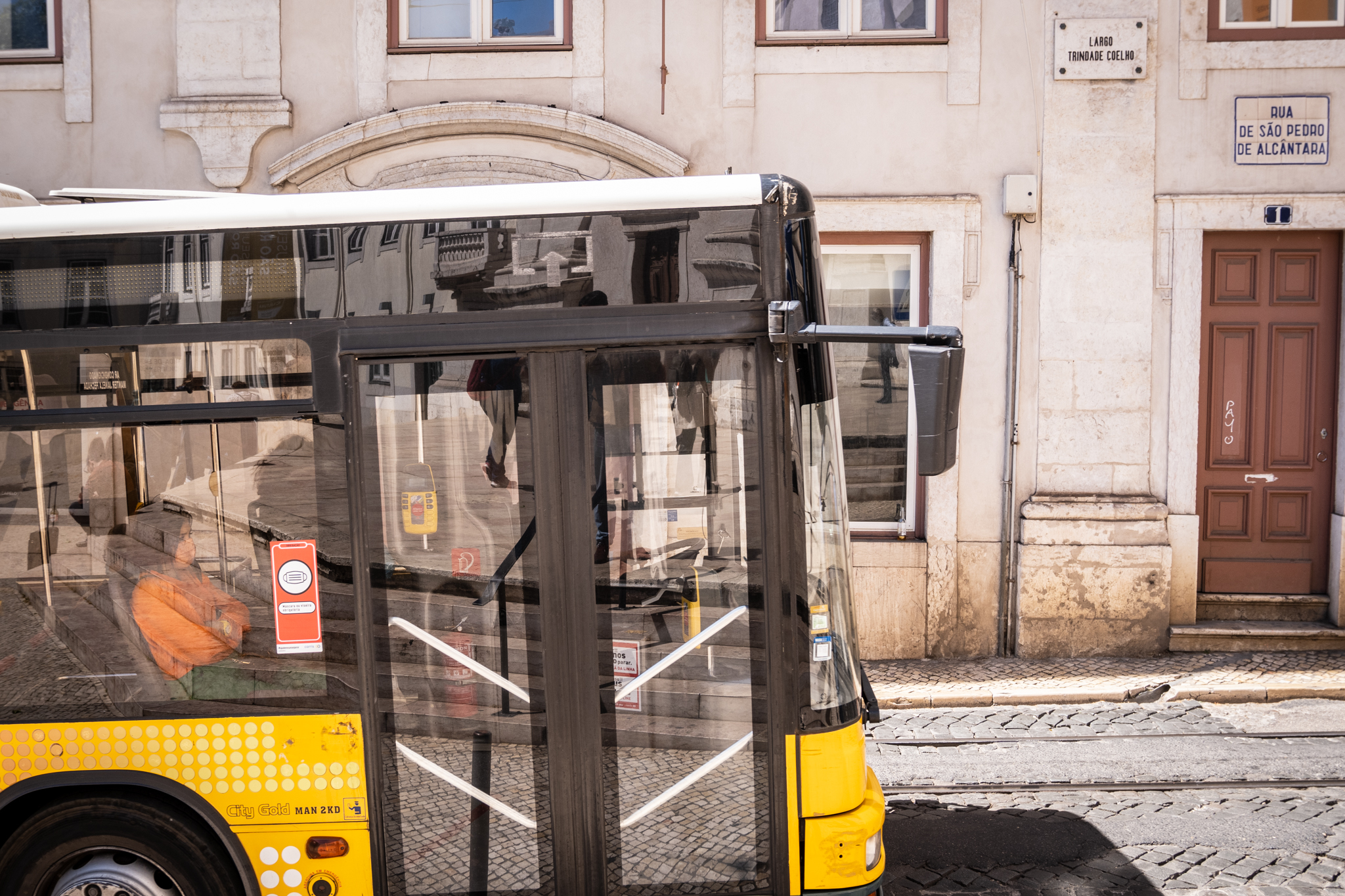
Moedas' proposal is relatively simple to operationalize because there are already Navegante passes aimed at young students and the over-65s.
In detail, Moedas proposed the following:
- the Lisbon Chamber of Deputies 100% of pass value Navegante Municipal to young students attending elementary and high school (13-18 years old) and who are tax resident in Lisbon. In other words, instead of paying €22.5/month as is the case today, they would pay €0/month;
- the Chamber to make the same contribution to students in higher education up to the age of 23 or 24 in longer courses such as medicine and architecture and who have tax domicile in Lisbon. In other words, the monthly pass would cost them €0/month instead of the current €22.5/month;
- for the over 65 years old with tax domicile in Lisbon, the City would also share 100% of the municipal version of the pass Navigator 65. In other words, the older residents of the city would pay 0€/month instead of the current 15 €/month for public transportation in Lisbon;
- a requirement of tax domicile in Lisbon would be a necessary condition for the measureThis is how the Lisbon City Council verifies who is a resident and who is not;
- the gratuity is for the Navegante Municipal, so it is for all transports in Lisbon and all operators (Carris, Carris Metropolitana, Metro de Lisboa, CP and Fertagus), as long as they are within such urban/municipality limits. Thus, public transportation would be free of charge to the Algés train station or to the Pontinha metro station, for example;
- a reimbursement would be made by the municipality to TMLwhich is responsible for the AML's ticketing system - the Navegante. In other words, the City Council will pay TML what the people who benefit from the free pass would pay for the pass;
- measure costs 14.9 million per year by 2025; by 2022, it should cost only 6.3 million. In total, 51 million euros should be invested by the municipality.
You can read the initial proposal below:
What criticisms did the parties make and what improvements would they suggest?
PCP understands that it is a temporary measure
The PCP has scheduled a press conference for April 20, the day before the discussion and vote on Moedas' proposal, and was the first party to present its view on the issue. Assuring the approval of the proposal, João Ferreira believes that the simplification of ticketing with two types of passes in 2019 was a "achievement that must be preserved, consolidated and deepened"in part, "in increasing supply", which "that's the main blockage today to getting more people to ride public transportation".
According to João Ferreira, the City Council expects that half of the people who have the Metropolitan pass will migrate to the Municipal pass because it will be free of charge.
The communist councilor understands that this measure is "temporary" and that it should be done "by way of PART" and the Government, which "would allow gratuitousness not only for Lisbon residents but for all residents in AML", "in an overall, metropolitan vision". "We have no signals from the government that this measure can be placed already in this State Budget"lamented João Ferreira, mentioning that "as long as the government does not guarantee this advance, the House can do it". Despite promoting a "relative inequality" between those who live in Lisbon and those who live abroad, who will pay different prices even though they use "the very same means of transportation"the PCP understands that the measure"constitutes a breakthrough".
The PCP tabled the following amendments:
- that the City would also share the Metropolitan Navigator Pass in the difference in value to the Municipal one. In other words, those who are entitled to the free Municipal pass will be able to buy the Metropolitano paying only the difference (the Metropolitano Navegante would cost 5-10 euros/month). João Ferreira says we can't go back "to a time when people think about mobility in terms of their wallet". The communist councilman recalled the PCP's proposal to standardize the two Navegante passes into a single pass, which would be valid for the entire AML and would cost €30/month;
- that the Carris' reduced mobility service be introduced in the Navegante and in this free-of-charge programsince "if we are not going to correct this problem, we are going to make this inequality and injustice worse" by leaving out older people who need this service to get around because they can't do it themselves - these people will have to pay for their mobility, while the others won't;
- which be presented "to all the councilors" a monthly monitoring of the measure of free transportation with information on the adhesion of the various age segments and the respective budgetary impact.
The Communists did not propose anything on the issue of tax domicile, but said that outsiders "will have to change their tax domicile to benefit from this measure":
João Ferreira also revealed that the 14.9 million budget that this measure has per year takes into account a "basis of assumptions that may or may not come true"How come half of the people who currently have the Navegante Metropolitano will migrate to the Municipal and that only 10% of the people who don't have a pass today will join the free one.
PS insists on investment in public transportation
In its revision of Moedas' proposal, the PS did not touch the conditions of access to free transportation, but wanted to use the measure to, once again, schedule an investment in the public transportation system that allows "an ambitious evolution of metropolitan networks as a whole"namely:
- continue working on LIOSthe surface light rail that is planned to connect Oeiras, Lisbon and Loures with two lines, one Western and one Eastern, and which has not yet secured investment;
- work in a BRT corridor (Metrobus) on A5 and another in 2nd Circulargiving this axis a "more urban profile", "based on a broad public participation exercise";
- continue the modernization of intermodal terminalsthe Military College and the Sete Rios Military College, and the "relocation of the Areeiro terminal";
- "ensure the maintenance of investment and affirmation of Carris as the largest public national road transport operator".The company will continue with the investments already foreseen in the company's business plan, such as the extension of the 15 to Cruz Quebrada and Santa Apolónia or the reinforcement of the night service.
The Socialists have also proposed, together with the Free (see below), a new public transportation service - The Little Yellow Ones - that can serve during school transport in and out times and, outside of these periods, transport on demand (XBUS style).
BE wanted to include unemployed people
The Left Bloc (BE), through its councilwoman Beatriz Gomes Dias, proposed:
- that young students do not have to be tax resident in Lisbon and can simply provide proof of address in the city. For those over 65, the BE continues to advocate the requirement of a tax address in Lisbon;
- to be studied "within 6 months" and implemented "within one year"in 2023, free transportation for all young residents in Lisbon up to the age of 23 (i.e., not necessarily students) and for people who are unemployed, receive the Social Integration Income (RSI) or have reduced mobility due to disability.
Free bet n'The Little Yellow Ones
Livre presented its amendments in three different documents that we have united into one and that you can see below. Councilman Rui Tavares proposed:
- extend the universe of free transport to all young people up to 23/24 years old who study in Lisbon even if they don't have tax domicile in the cityby proving it through the Enrollment Declaration;
- mandating the Mayor to "negotiate with the other municipalities of the Lisbon Metropolitan Area and with the State the extension, under equal conditions, of this measure to the entire Lisbon Metropolitan Area“;
- like the PS, create The Little Yellow Ones, "a new school mobility service using electric minibuses (...) that promotes the autonomy of children and young people and helps reduce car trips within the city"to be made operational by Carris and shared by "municipalities bordering the city of Lisbon"and that can be used in the on-demand mode "other types of travel - for example, senior citizens - outside school entrance and exit times".
Citizens For Lisbon
The Citizens for Lisbon, represented by councilwoman Paula Marques, suggested:
- as proposed by the PCP, that the Navegante Municipal be made available free of charge to young students up to 23/24 years old and over 65 years old, or the corresponding discount on the Metropolitan pass;
- that the gratuitousness can be proven by young students or those over 65 with a proof of residence in Lisbon "for the purpose of professional activity or educational attendance"even though he doesn't have tax domicile in Lisbon.
In a note sent to the press, Citizens for Lisbon stated that "free public transportation is a goal that mobilizes us" but that "one must be aware of the metropolitan dimension in which we live". "The metropolization of transportation, the mobility between counties, was an achievement. Losing that unity is detrimental."
Next steps?
After the town hall meeting, Carlos Moedas spoke to journalists saying that this is "the most important measure" of its mandate and "essential to people's lives"hoping it can come into practice "as soon as possible" - in June or July for seniors, and in September at the beginning of the new school year for young students.
For the mayor, it is a good thing that there are few cities with free public transportation - mentioning Tallinn, a city in Belgium, and Luxembourg, but forgetting about case next to Cascais (only on the buses of the municipal operator), Moedas says that Lisbon is in the "champions league against climate change".
“Efficient mobility is crucial for cities, which is why this measure is so urgent from a climate standpoint, but also from a social standpoint. Free transportation does not make access to mobility dependent on one's social status and income. And especially at a historic moment when we see the price of energy and fuel rising, it must be the cities that give a concrete sign of help. For the elderly, it will allow residents who normally have greater limitations in terms of mobility to have more universal access to transport and their right to easy mobility. For younger people, this measure aims to attract new generations to public transportation and to move towards a city that will be more environmentally and economically sustainable in the future.“
- statement from the Mayor of Lisbon
After the meeting, the BE said in a statement that the free public transportation "is an essential measure to defend the climate and increase household income"but did not understand that "Carlos Moedas has voted against gratuitousness for unemployed and disabled people, going against his own program". The party, represented in CML by councilwoman Beatriz Gomes Dias, also criticized the PS for not having supported in CML the free transportation for those public "despite having approved a similar recommendation from the Bloco in the AML two weeks ago"and stated that he will not give up on extending the measure "until [public transportation] is free for one and all".
Co-funding for the Metropolitan Pass outside
Also in a note sent to the press, Citizens for Lisbon guaranteed that it will not give up its proposals and that it will "continue to fight to extend the measure of free public transportation and maintain the conquest represented by the metro pass"because "one cannot leave out displaced students and people with no fiscal residence, but with an effective address in Lisbon". "We also don't give up the compensation of the value of the county pass for those who need the metropolitan pass, paying the differential."
The issue of the Metropolitan Navigator also sharing the difference to the Municipal one, an amendment that had been made by the PCP and the Citizens for Lisbon, was eventually withdrawn by the councilors themselves due to a commitment made by Carlos Moedas to study its implementation. The communists had assessed that the measure would have an additional impact of 2.8 million euros on the measure.
The proposal for free transportation will now go to the Municipal Assembly, where it is expected that the parties will vote the same way, and it is expected that it will be approved.






